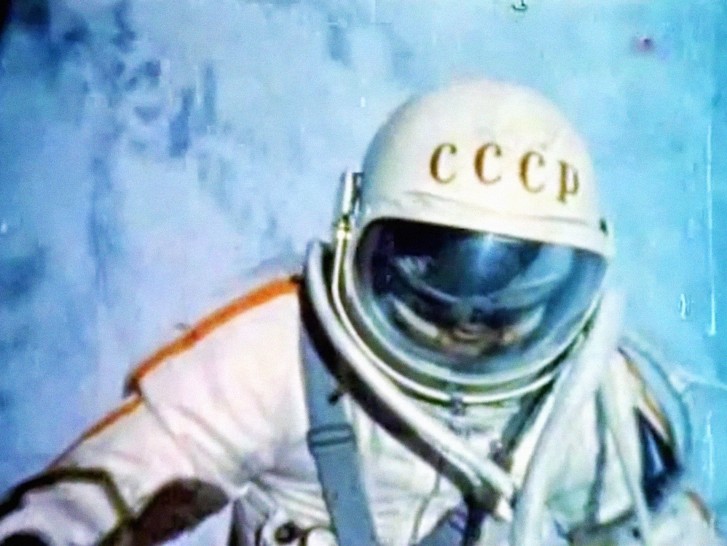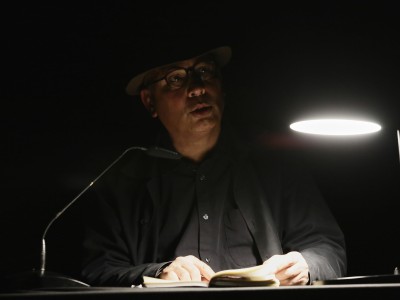
Diaries
(Diarios)
Performance
$15 Special Event Tickets
Argentina, 2022, performance, color, 90 min.
The diary has that rare virtue of never quite being a “work” but, rather, always, a work in process. One writes it every day, without any correction, without knowing fully why, with no other objective than to capture something of the flow of life, the feeling of the moment. In the same way, my project Diarios is a project in the making, still unfinished. It embraces on equal footing the notes taken each day in the notebook, images recorded without any pretension on the cell phone, personal archive, material found on the internet. Todo bicho que camina va a parar al asador, as the gaucho saying goes: every walking beast ends up on the grill! Incidents from daily life, childhood memories, portraits of friends, chronicles of trips, readings and songs. The film diary has some illustrious predecessors: I think of the Brazilian David Perlov, or the Lithuanian Jonas Mekas. I also think of the tradition among visual artists: On Kawara, Andy Warhol, Carolee Schneemann. All very different, as if each one was doing something else. A genre that is not really a genre because it doesn’t seem to have any rules. It allows me to dream of a kind of cinema that honors the visionary dream of Alexandre Astruc who, in an essay from 1948, glimpsed the future of cinema in the “camera-pen”: a form analogous to the writer’s notebook, where the artist’s thought-process is reflected as in the flight of the pen, but through images and sounds. The cinématographe unrestrained!
I began by making a series of shorts without knowing exactly what I would do with them, simply out of a desire to make brief, instant films that would take me out of the habitual rhythm of filmmaking: with luck, each feature takes two or three years of work; in one case, it took me seven years! These diaries, on the other hand, were made sometimes in a single day, or in a week or two. I was also interested in the dramaturgy of the short format: how to unfold a story, say, in one minute. This provides for a further challenge: How to present the diaries in public? How to convey the idea that this is not a feature film in episodes but, instead, something else? I have chosen nine pieces as a provisional sampler of the project (which for the moment counts twenty pieces). Trying out a combination of different durations: from one minute to twenty-five minutes. I have given them a roughly chronological order, with some license, allowing for the suggestion that this is just one part of the whole, that there are pieces missing in this jigsaw. And I decided to combine the shorts with live readings from my notebooks, so that these intrusions might break the spell of the feature film, of cinema.
The different presentations of the project at the Buenos Aires and San Sebastián film festivals allowed me to try out diverse permutations between images and texts, so that no one saw quite the same “film.” I realized that this mutating form of presentation was appropriate for what is, in the end, a mutating project. This screening at the Harvard Film Archive will be, in this literal sense, unrepeatable. – Andrés Di Tella, December 2022













